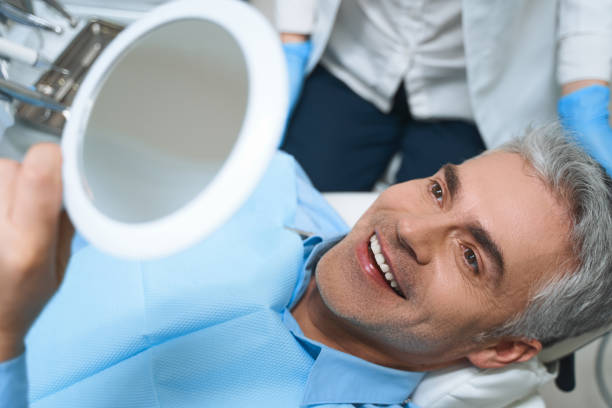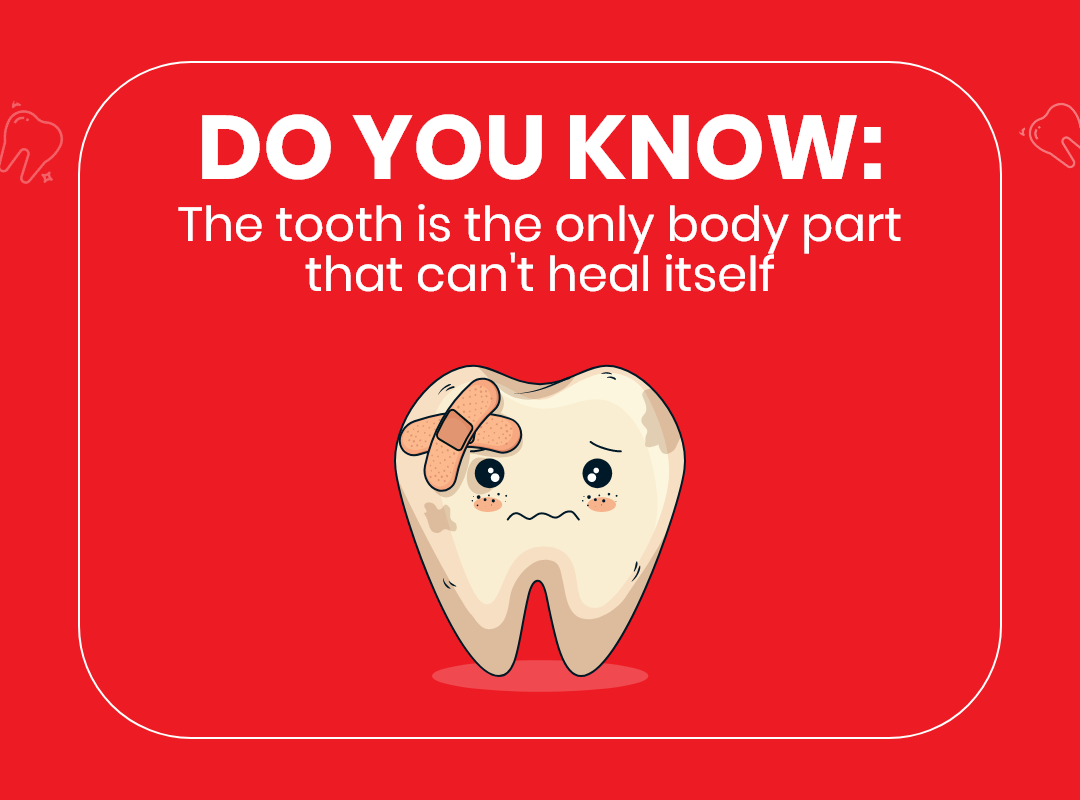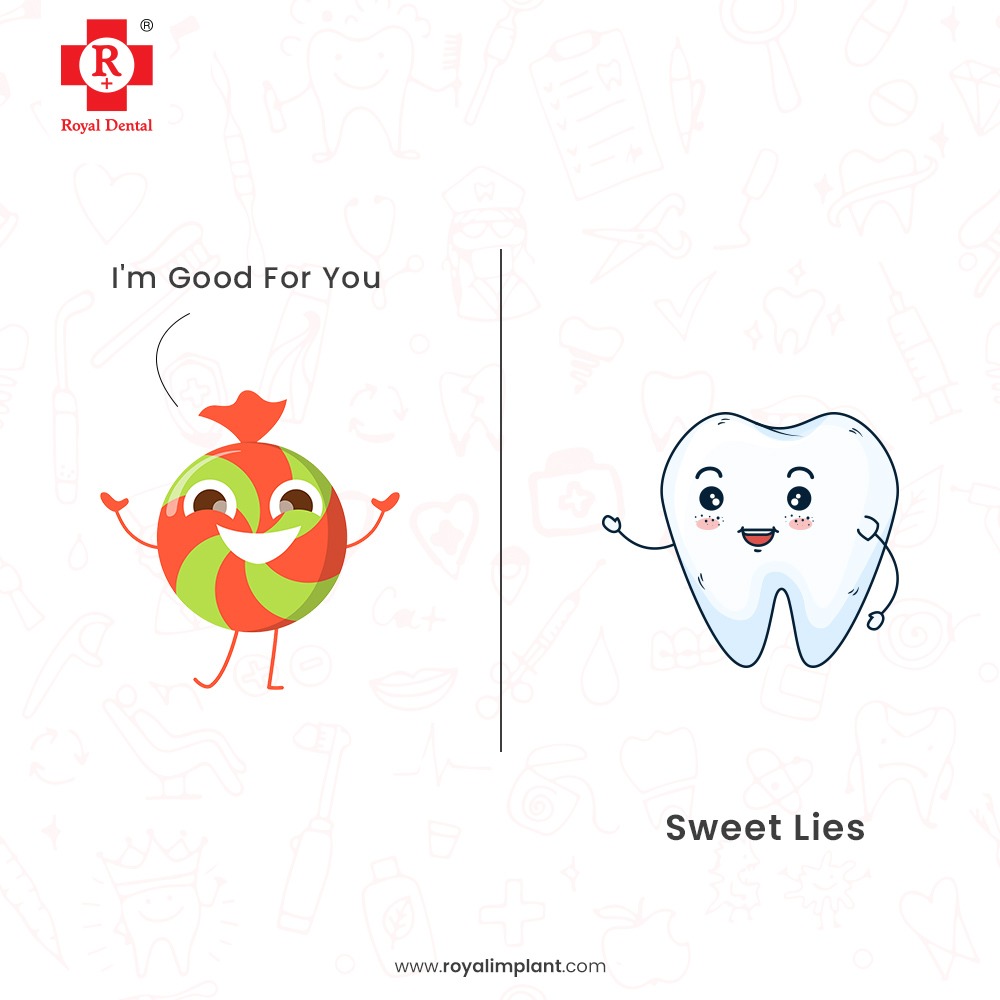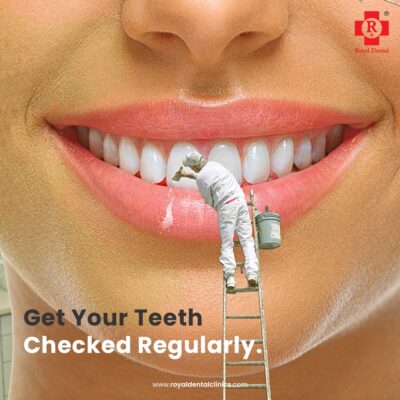Different drugs prescribed by a dentist depending upon the dental condition. However, the dose of drugs differ from patient to patient, depending upon what the drug used for, there are various different pain medicine and each one has its own advantages and side effects. Some types of pain respond better to certain medicines than others. Each person may have a slightly different response to pain reliever. Hence its always recommended to consult your doctor before taking any Medicine for Dental Pain and also avoid self-prescribing.
There are several types of medications that are used to manage a variety of diseases involving the oral cavity (mouth) that are part of good dental care. It is important to always communicate all dental signs and symptoms to your dentist, so that appropriate management and choice of medications can be made.

Most commonly used medicine for dental pain relief are:
Paracetamol
It is effective for mild to moderate dental pain. Avoid large doses, as some ingredients can cause serious liver damage. Paracetamol given in children from the age of 1+ month.
Ibuprofen medicine
Non-Steroidal anti-inflammatory drugs such as ibuprofen are effective against mild to moderate pain. Although these medicines should taken only at lowest dose that reduce the dental pain for a short time. Hence they are not suitable for people with stomach problems, heart problems, kidney impairment, high blood pressure or asthma. In older people, these drugs usually not recommended. It can be given in children for dental pain greater than 3+ months and who weigh more than 5kg.
Ketorolac as medicine for Dental Pain
Although it’s a nonsteroidal anti-inflammatory drug used for treatment of moderate to severe dental pain. One should’nt use for mild or long term painful conditions. One should’nt take in case of liver or kidney diseases, heart problems and coagulation disorders. Consult your dentist and physician before taking.
Chymoral Forte for dental pain
Is an anti-inflammatory non-steroidal drug. It reduces pain and swelling very much after a dental treatment.
A toothache is a painful annoying, especially at night. Getting a toothache at night can make falling asleep, very difficult.
Tramadol and Acetaminophen (Ultracet)
When all the above said drugs fail to relieve pain then this medicine is prescribed. Used in cases of severe pain and post chemotherapy.Its used following a dental or surgical procedure. It should be avoided in severe asthmatics, liver and kidney diseases. Consult your dentist and physician before taking.
Cold compress
Using a cold compress at times may help ease the pain of a toothache. Applying a bag of ice wrapped in a towel to the affected side of the face or jaw helps constrict the blood vessels in the area, which can reduce pain to allow a person to fall asleep. Consult your dentist before doing this procedure.
Elevation as a remedy for Dental Pain
Pooling blood in the head may cause additional pain and inflammation. For some people, elevating the head with an extra pillow or two may relieve the pain enough for them to fall asleep. Consult your dentist before doing this procedure.
Medicated Ointment for dental pain
Some medicated ointments may also help reduce toothache pain. Gummex or Dologel and other ointments that contain ingredients such as benzocaine may numb the area. However, benzocaine is not suitable for use by young children. Consult your dentist before doing this procedure.
Salt water rinse
Simple salt water rinse is a common home remedy for a toothache. Salt water is a natural antibacterial agent used to reduce inflammation. Rinsing with salt water may also help remove any food particles or debris stuck in the teeth or gums.
Hydrogen peroxide rinse
It was researched that rinsing with hydrogen peroxide mouthwash helped reduce plaque and symptoms of periodontitis. Consult your dentist before doing this procedure as this is strictly not to be done without dentist consent.

Why do some toothaches hurt more at night?
1 reason that this may occur is because when a person is lying down, blood rushes to the head. This extra blood in the area may increase the pain and pressure that people feel from a toothache. Another reason why many aches feel worse at night is because there are fewer distractions. With little else to focus on but the toothache, a person may find it difficult to fall asleep.
© All rights reserved by Royal Dental Implants Pvt Ltd
Issued in public interest







Different pain medicine and each one has its own advantages and side effects.